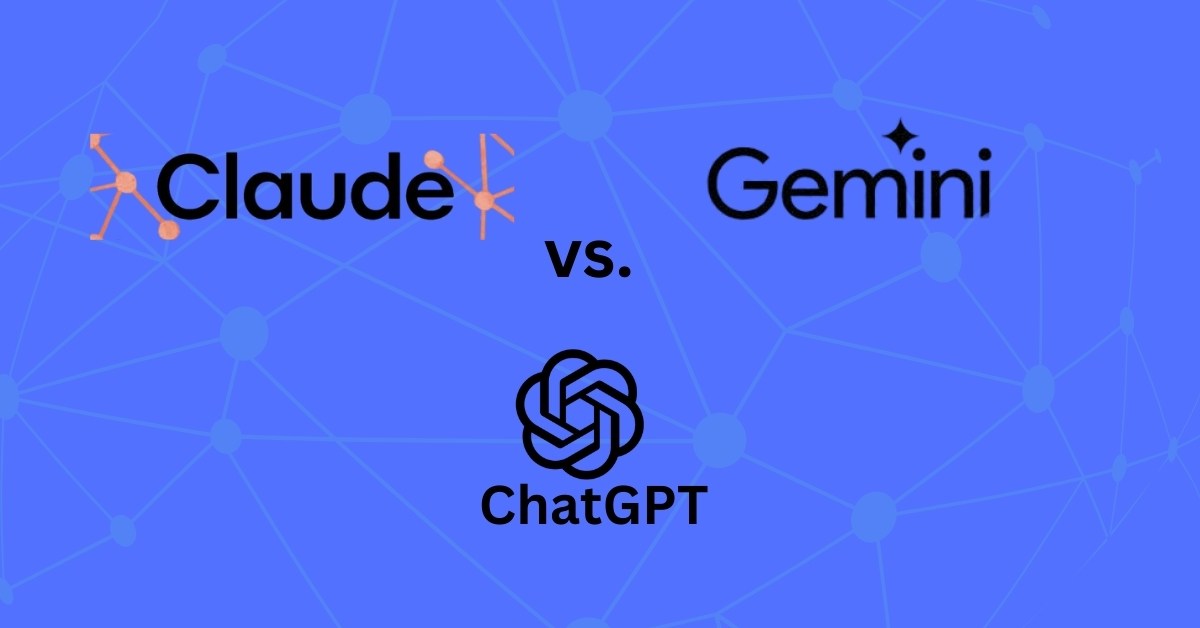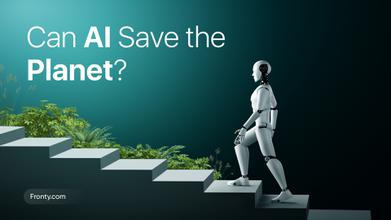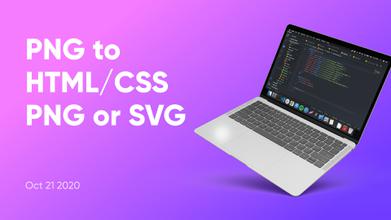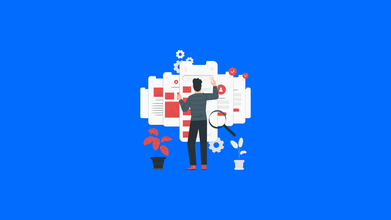ChatGPT vs Gemini vs Claude - Which AI Model Is the Best?
Sep 08, 2024 8789 seen
Introduction
To be more exact and short, the choice between ChatGPT, Gemini, and Claude depends on the application. ChatGPT is a great all-purpose tool, Gemini is best for real-time data and technical accuracy, while Claude is ideal for organizations focused on ethical AI.
Each of these AI language models has strengths and weaknesses, depending on the use case and the user's specific needs.
-
ChatGPT is an all-rounder model ideal for conversational AI, content production, and general-purpose activities. It is readily available and adaptable, but its knowledge is restricted.
-
Gemini stands out for its unique hybrid design and real-time data access, making it great for technical tasks and industries needing current information. However, it's more costly and mainly available through Google's cloud services.
-
Claude focuses on ethical AI, prioritizing safe and clear responses. While it may not perform as well in high-demand tasks, it's ideal for industries that prioritize safety and aligning with human values.
Now, let's explore ChatGPT, Gemini, and Claude in more detail.
ChatGPT
Developer: OpenAI
Core Architecture: GPT (Generative Pre-trained Transformer)
ChatGPT is based on the GPT architecture developed by OpenAI. GPT models have been trained on large-scale datasets comprising vast amounts of text from books, websites, and articles, enabling them to generate human-like text responses. ChatGPT, specifically, excels in conversational AI applications, making it suitable for chatbots, customer support, content creation, and personal assistance tasks.
Key Features:
-
Conversational Ability: ChatGPT is designed for coherent, contextually appropriate conversations, making it highly effective in dialogue systems. It can remember context over long conversations and adapt its responses accordingly.
-
Multi-tasking: ChatGPT is versatile, capable of performing tasks such as summarizing documents, writing essays, translating languages, and even generating code snippets.
-
Fine-tuning Options: Businesses and developers can fine-tune the model to fit specific needs, making it highly adaptable for niche applications.
Limitations:
-
Knowledge Cutoff: Like most models, ChatGPT has a knowledge cutoff, meaning it is limited to information available up to a certain point in time. It may not be aware of recent events or developments.
-
Accuracy in Complex Tasks: While great at casual conversation, ChatGPT may struggle with highly specialized or technical topics, often providing general or outdated information.
Gemini
Developer: Google DeepMind
Core Architecture: Gemini (A hybrid approach combining multiple architectures)
Gemini is Google DeepMind's language model and represents a major step forward in AI development. Unlike other models that rely solely on transformer-based architecture (like GPT), Gemini uses a hybrid approach that combines transformer models with newer machine learning techniques, allowing it to outperform in certain contexts.
Key Features:
-
Hybrid Architecture: The unique structure of Gemini combines different types of learning algorithms, such as reinforcement learning and supervised learning. This gives it a broader scope in terms of understanding context and generating responses.
-
Superior Comprehension: Gemini is particularly good at grasping intricate and complex queries. It has been fine-tuned to process data efficiently and provide more accurate, nuanced answers, especially for technical and research-based queries.
-
Search Integration: Gemini's deep integration with Google search allows it to retrieve up-to-date information in real time. This is a major advantage when compared to models like ChatGPT, which are constrained by a knowledge cutoff.
Limitations:
-
Cost and Access: As a premium model tied to Google's ecosystem, Gemini may be less accessible for smaller businesses or individual users due to its pricing and infrastructure requirements.
-
Limited General Availability: At present, Gemini is available mainly through Google's cloud services, making it more difficult to access for independent developers.
Claude
Developer: Anthropic
Core Architecture: Transformer-based (Built on open-source technologies)
Claude is Anthropic's take on AI language models, named after Claude Shannon, the father of information theory. Anthropic, founded by former OpenAI researchers, focuses on creating safer and more ethical AI. Claude represents the company's efforts to develop AI models that are aligned with human values and safety principles.
Key Features:
-
Ethical AI: Claude places a strong emphasis on minimizing harmful behavior, bias, and misuse. It has been rigorously tested to ensure it produces responses that are not only useful but also safe and aligned with ethical standards.
-
Robust Fine-tuning for Safety: Claude is designed with guardrails to prevent the generation of harmful content. This model has been carefully trained to avoid falling into the pitfalls of biased or toxic responses, making it ideal for applications that require high ethical standards.
-
Transparent Decision-Making: Claude's responses are designed to be more interpretable, with a focus on transparency in how it arrives at conclusions. This feature can be particularly important in applications where AI decisions need to be understood by users.
Limitations:
-
Limited Public Access: Claude is not as widely available as ChatGPT or Gemini, and its access is often restricted to select partners or specific industries.
-
Performance: While Claude is good in ethical considerations, it may not match the technical performance of models like ChatGPT and Gemini in highly specialized or data-heavy applications.
How Do They Compare?
|
Feature |
ChatGPT |
Gemini |
Claude |
|
Developer |
OpenAI |
Google DeepMind |
Anthropic |
|
Core Architecture |
GPT (Generative Pre-trained Transformer) |
Hybrid (Combines multiple architectures) |
Transformer-based |
|
Strengths |
Conversational AI, versatile in multi-tasking |
Hybrid model allows superior comprehension |
Ethical and safe responses |
|
Access |
Available to the public via API and OpenAI tools |
Primarily available through Google services |
Limited public access, select partners |
|
Ethical Considerations |
Basic safety measures in place |
Advanced understanding of context, connected to real-time data |
Focused on ethics and transparency |
|
Real-time Knowledge |
No |
Yes, integrated with Google search |
Limited |
|
Use Cases |
Chatbots, customer service, content creation |
Research, technical queries, cloud computing |
Ethical applications, healthcare, education |


